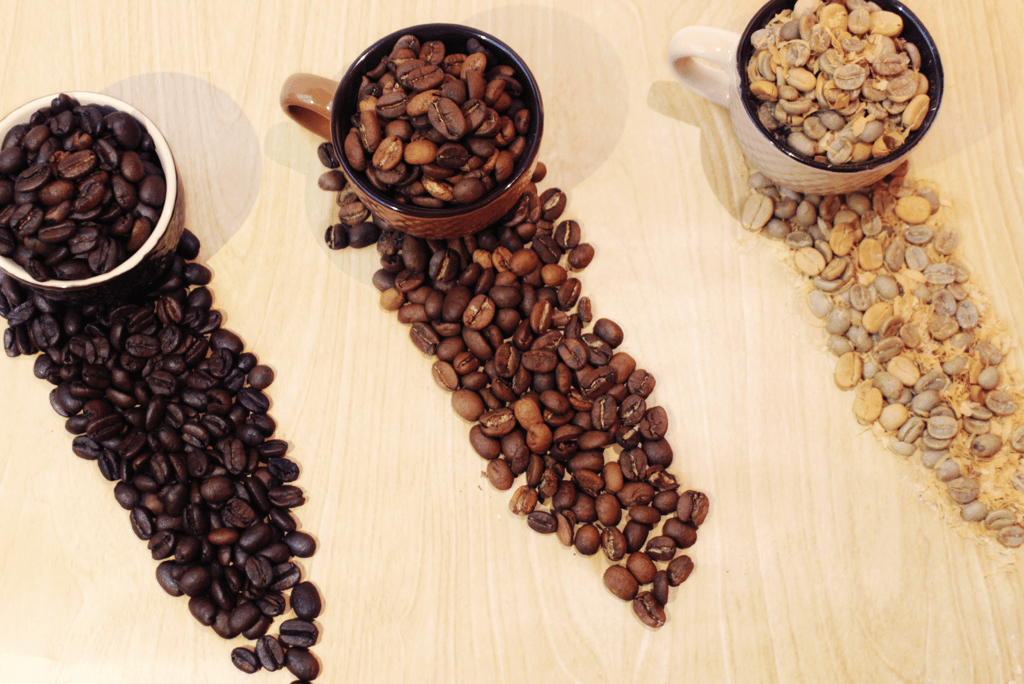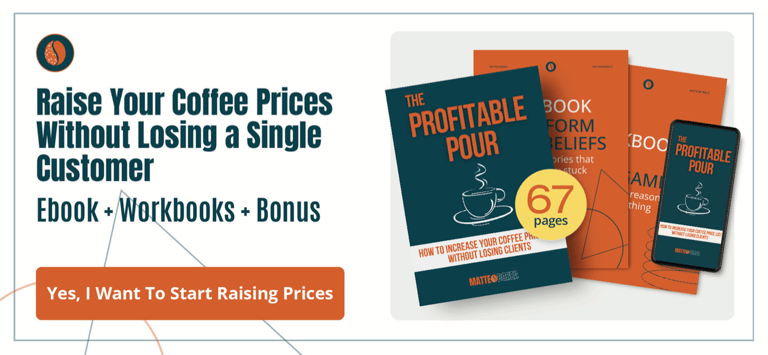Brazil's Coffee Crop Is Down 6.8%
(And That's The Good News)
COFFEE MARKET
Matteo Borea
10/2/20254 min read
Rabobank predicts Brazil's 2025/26 coffee output to drop by over 6%, driving arabica prices to over US $4/lb again.
Everyone's panicking about the wrong number.
Yes, Brazil's crop is down. Yes, prices are at historic highs. Yes, Coffee rose to 378.55 USd/Lbs on September 18, 2025, up 44.34% compared to the same time last year.
But while everyone's staring at these headlines like deer in headlights, they're missing the real story that's about to reshape our entire industry.
The Number That Should Terrify You (Hint: It's Not 6.8%)
Arabica stockpiles have fallen to less than 14.5 months of supply, the lowest level in a decade.
14.5 months.
That's all that stands between normal operations and complete market chaos.
For context, we typically hold 18-24 months of buffer stock. We're running on fumes, and the Green Coffee Association (GCA) discontinued their monthly reporting on green coffee stocks in the United States.
We're driving at 100mph in the fog with no headlights, and someone just removed the guardrails.
Why Asia Is Eating Your Lunch (Literally)
While European roasters were complaining about prices, this happened: In late August, Beijing approved 183 Brazilian exporters to ship coffee under a new five-year deal.
Luckin Coffee struck a massive deal for 240,000 tonnes of Brazilian coffee beans over the next five years. The deal was valued at $1.38 billion.
Let me translate that for you: Asia just locked in five years of supply while you're still negotiating next month's container.
But it's not just China. Japan's major coffee chains are signing multi-year contracts. South Korea's cafe culture boom is absorbing premium arabica faster than Brazil can grow it.
They're not just buying coffee. They're building supply security. And they're doing it with your future inventory.
The Vietnam Disaster Nobody's Discussing
Brazil gets all the headlines, but Vietnam is where the real crisis is brewing.
In Vietnam, prolonged dry weather caused a 20 percent drop in coffee production in the 2023/24 season, with exports falling by 10 percent for the second consecutive year.
Vietnam's export prices surged 74% in 2025 Q1 as coffee futures rebounded.
Vietnam produces Robusta. The coffee that goes into blends. The coffee that keeps your espresso profitable. The coffee that nobody talks about at cupping sessions but everyone depends on for cash flow.
When Robusta crashes, everything crashes. And it's crashing now.
The European Reality Check
Here's what's happening in your backyard:
Coffee prices across the EU have risen an average of 18% since January 2025. In Germany, independent roasters report raw material costs up 25% year-over-year. In France, café owners are switching to lower-grade arabica blends to maintain margins.
I spoke with three Italian roasters last week. All facing the same dilemma: raise prices and lose customers, or maintain prices and lose money.
One told me: "Matteo, we're still charging €22/kg and our margin in 6 months went from 35% to 12%."
That's not sustainable. That's survival mode.
The Three Strategic Moves for Survival
Move 1: The Asian Strategy (But in Reverse)
Asia locked in five years of supply. You can't match their volume, but you can match their thinking.
Contact your three smallest suppliers. The ones nobody else talks to. The 500-bag lots from forgotten regions in Central America or East Africa. Lock them in for 2025-2027. Not at today's prices at tomorrow's certainty.
Small suppliers need certainty more than price. Give them that, and you'll have coffee when others don't.
Move 2: The Robusta Revelation
Brazilian consumers are turning to instant coffee as prices increase. The same shift is happening in Europe, just more quietly.
Everyone's fighting over specialty arabica while Robusta is becoming the smart money play.
Not for your flagship products. For your survival products.
Create a premium Robusta-based line. Call it something that owns the positioning: "The Essential Blend." "The Honest Cup." "The Daily Ritual."
Price it at 65% of your arabica. It'll still be profitable, and it'll keep customers when they can't afford specialty.
Move 3: The Transparency Advantage
Be the roaster who shows everything.
Your invoices from origin. Your shipping costs. Your margin pressure.
Make your customers your partners in this crisis. They'll pay more to a partner than to a vendor.
I know a roaster in Holland who started sharing his cost breakdowns on Instagram stories. Sales up 23% in three months. Why? Because transparency builds trust, and trust commands premium.
The Opportunity Hidden in the Crisis
High prices should provide incentives to invest more in technology and research and development in the coffee sector.
Everyone else sees a crisis. I see natural selection.
The weak roasters who competed on price? Gone.
The middlemen who added no value? Eliminated.
The commodity mindset? Dead.
What emerges will be leaner, smarter, and more profitable than anything we've seen.
But only for those who act now.
The European Consolidation Wave
Major European coffee companies are already making moves. JAB Holdings continues to acquire smaller players. Lavazza is expanding through strategic partnerships. Even family-owned roasters are exploring "collaborative" arrangements.
This is what a consolidation wave looks like in its early stages.
The question isn't whether it's coming to your market. The question is: will you be the acquirer or the acquired?
Your 30-Day Action Plan
Week 1: Lock in your core supply for 12 months minimum. Yes, at these prices. Contact your smallest, most reliable suppliers first.
Week 2: Create your premium Robusta line. Test it with your most loyal customers. Position it as "essential," not "budget."
Week 3: Start your transparency campaign. Show the real numbers. Build partnership, not just transactions.
Week 4: Identify three consolidation opportunities in your region. Small roasters who complement your strengths.
The Brazil crop decline isn't the crisis. It's the catalyst.
The question is: will it catalyze your destruction or your evolution?


© Matteo Borea - All rights reserved - Z0145324S


